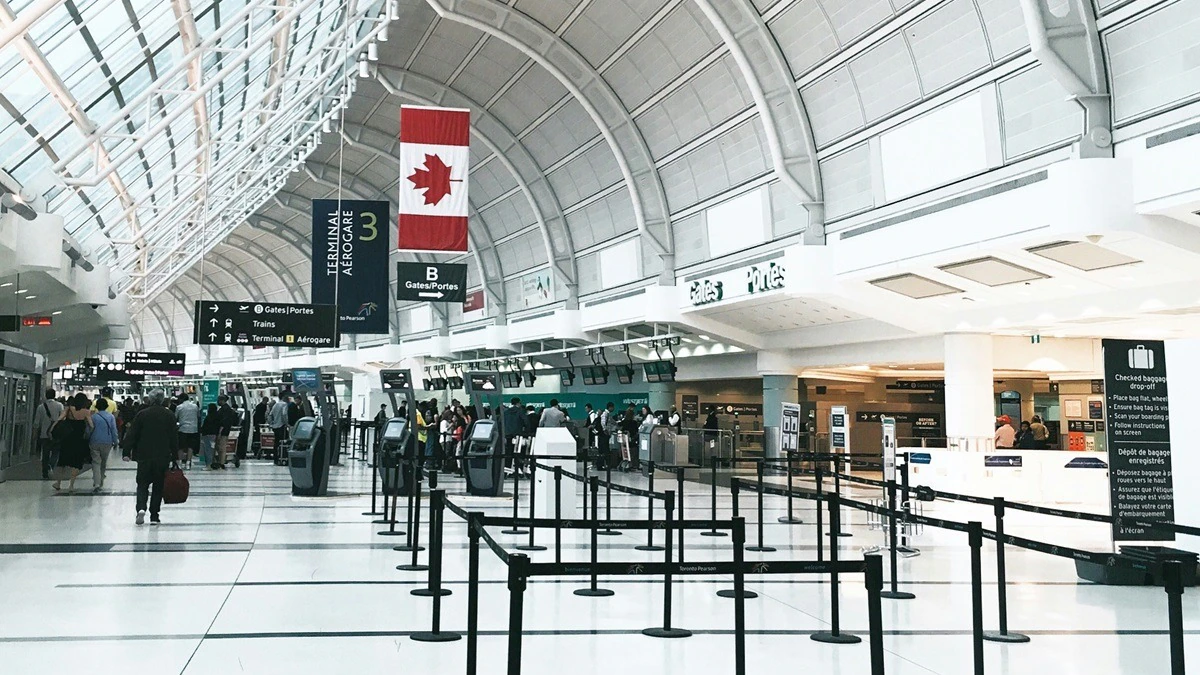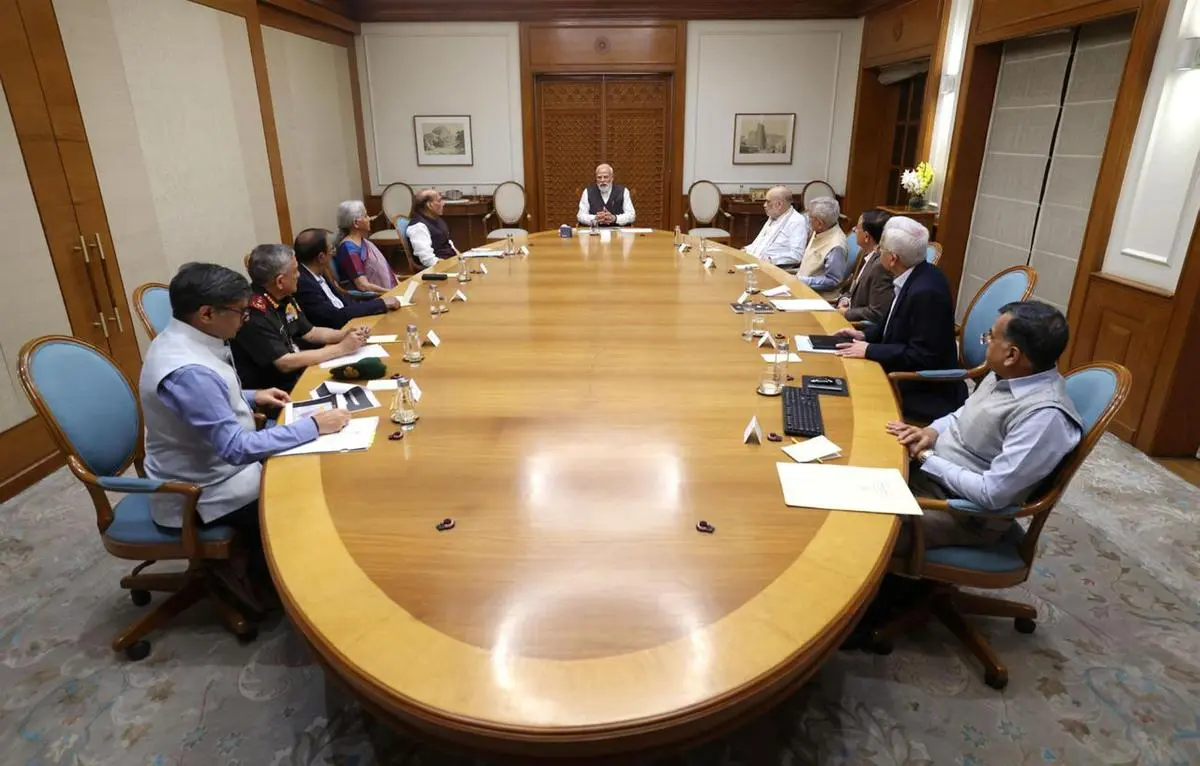As New Zealand faces this complex challenge, leaders and policymakers must collaborate to protect migrants and uphold the integrity of its immigration system, ensuring that the promise of a better future becomes a reality for all
Indian migration to New Zealand has a legacy spanning over a century. However, in the past 25 years, a troubling trend of migrant exploitation has emerged, rnz.co.nz reported.
Indians now make up New Zealand’s largest immigrant group and the third-largest ethnic community, yet many face harsh realities far from the promises that initially drew them.
Dreams of opportunity often dissolve into stories of struggle. From men living in overcrowded conditions with no jobs to nurses earning New Zealand qualifications but remaining unemployed, the narratives are alarming. In restaurants and construction sites, long hours and meager pay have become the norm for many Indian workers. Exacerbating these issues are unregistered agents charging exorbitant fees for false promises of visas and jobs, leading the Indian government to issue advisories against migrating to New Zealand without verified employment offers.
In January, India’s Ministry of External Affairs urged its citizens to avoid unregistered recruitment agents. Meanwhile, New Zealand health authorities, under budget constraints, have ceased hiring nurses on visitor visas, further limiting opportunities for skilled migrants.
Systemic Issues and Leadership for Change
Malkiat Singh, a licensed immigration advisor, has criticized New Zealand’s disjointed immigration and education policies. “There’s a lack of clear pathways for migrants to achieve residency,” Singh explained. He advocates for streamlined processes that align with New Zealand’s workforce needs, reducing systemic exploitation.
Singh also acknowledged the high stakes for migrants, who often enter exploitative situations out of desperation. Many fear returning to India empty-handed, where societal pressures label them as failures.
Further complicating matters, the Accredited Employer Work Visa, introduced in 2022, has drawn criticism for leaving migrants vulnerable to exploitation.
Pathways to Progress
While individuals like Jhunjhunwala inspire hope, systemic reforms are essential to address the root causes of exploitation. Improved regulation of recruitment agents, transparent pathways to residency, and policies aligned with New Zealand’s skill shortages are critical steps
A Leader Advocating for Dignity
Amid these challenges, business leaders like Sudesh Jhunjhunwala, CEO of Sudima Hotels and Hind Management, have stepped up to fight for migrants’ rights. Jhunjhunwala has provided opportunities to three exploited workers in his hotels, helping them rebuild their lives.
“I can’t help everyone,” Jhunjhunwala admitted, “but I’ve made a small difference for those I could.” Calling exploitation a form of modern slavery, he condemned those who remain silent, equating silence with complicity.
Jhunjhunwala shared his personal encounters with unethical practices, such as being offered bribes to issue fraudulent job letters. These experiences have fueled his commitment to advocate for fair policies and ethical treatment of migrants. He urges the government to establish stable immigration rules to reduce uncertainty and prevent exploitation.








